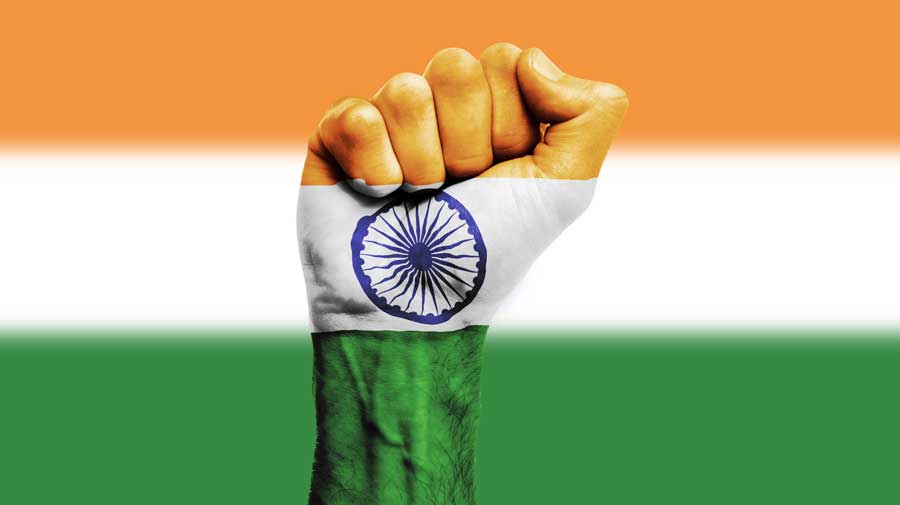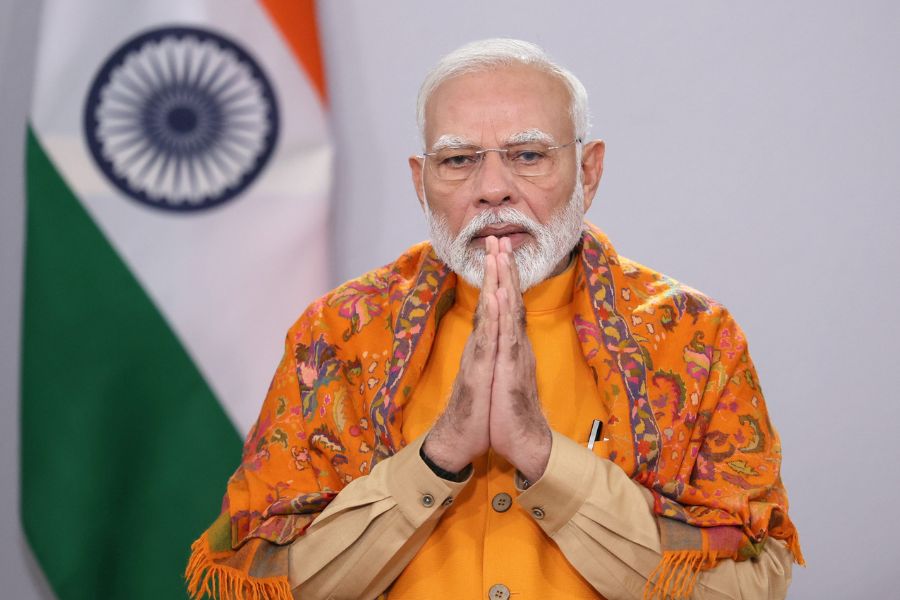Being funny does not mean that everyone will like the humour. Samuel Johnson, for example, felt that the quibble was Shakespeare’s fatal Cleopatra — a remark both smart and funny, by the way — although generations of readers have been tickled pink as well as pricked into unexpected thought by Shakespeare’s quibbles and puns. But humour and wit producing an expansive sense of well-being are one thing; laughter weaponized for a defined purpose is quite another. Jesters and clowns in the courts of kings, whether in the West or in the East, were certainly entertainers, but they also kept a sharp eye out for anything out of kilter that would then become the target of their searing jokes. Satire has a similar purpose even today. The rainbow range from comedy to satire flourishes on incongruities of experience and conduct, sometimes opening up the mind to a benign inclusiveness and at others urging change through discomfiture, even shame. People laugh themselves into sanity and balance.
In today’s professional world, however, even laughter has its programmed space. Drawing on the wisdom of Cicero and Quintilian, about a hundred years apart from one another, a university professor in the United States of America has designed a course for executives in the effective use of humour. This weaponization is different from that in satire: it is not for a moral or political purpose that laughter would be used but for better management. To break the tension and ease hurt, to laugh off an unarguable charge with a joke, to put overweening subordinates in their places, to seduce listeners on to the speaker’s side are goals that the wise old men of Rome had listed. They even suggested that a leader should aim at a chuckle, not a belly laugh.
Confined to lessons for executives, humour loses its fun, if that is possible. But the old men’s pointers would have been perfect for politicians — and here India fails quite ignominiously. India’s politicians are singularly unfunny. When they are not viciously taunting their opponents in the garb of laughter, they are busy spouting highfalutin’ rhetoric about non-negotiable ideals. It does not stop there. No one else is supposed to laugh unless it is to hurt political opponents. While the US had wonderful fun with its last president, India is rapidly becoming a den of terrified humourlessness. Anyone who jokes, verbally or through cartoons, about politicians, their notions, their faithful followers, or the religion and the persons they nurture or embrace, can be charged with sedition or simply be beaten up by anonymous lovers of the regime. Humour in India today is strikingly different from its purpose and methods that the American professor found useful in Cicero and Quintilian. Its first requirement is courage. Humorists, cartoonists and stand-up comics who persist in playing the irrepressible court jester are putting everything on the line. Fun is no longer funny.













